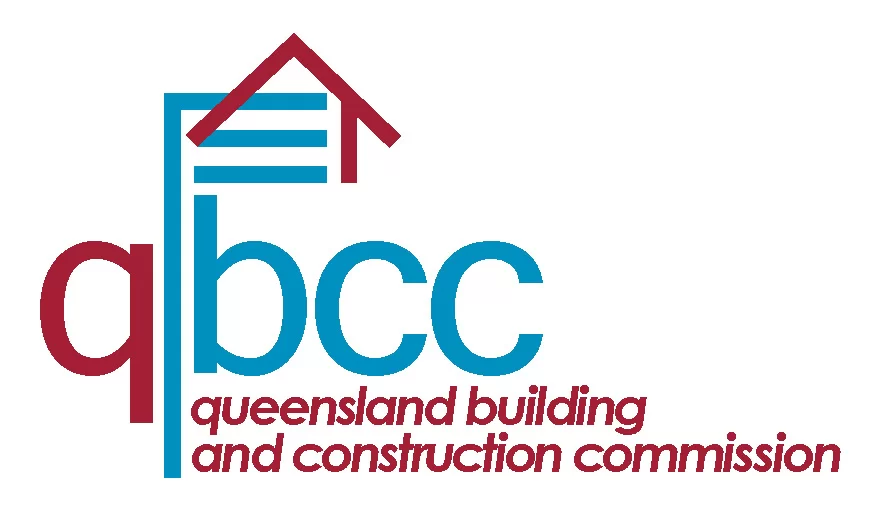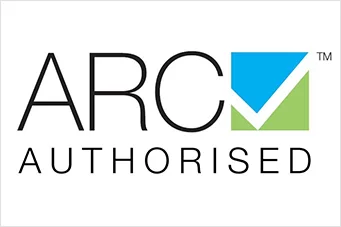How to Choose the Right Commercial Air Conditioner
Commercial spaces always seem to be cool and comfortable, and we have air conditioning systems to thank.
It’s easy to take for granted, but heating and cooling commercial spaces is a mammoth effort. It requires specialist equipment and regular maintenance.
The Heating, Ventilation and Air Conditioning (HVAC) that keep shops, restaurants and offices comfortable are a big investment. Choosing the right commercial air conditioner is challenging, so we’re going to explain the basics in this article.
3 Common Types of Commercial Air Conditioning
1. Split Systems and Multi-Head Split Systems
The humble split system air conditioner is a common sight in commercial settings!
These small-capacity air conditioners are perfect for cooling a single space, like offices and cafes. They’re affordable, efficient and have minimal maintenance requirements.
If you need to cool additional rooms, you can opt for a multi-head split system. These work the same way as traditional split systems, but the outdoor condenser unit is attached to multiple indoor units without the need for bulky ductwork.
2. Central Air Conditioning
Central air conditioning units are one of the most common options. They consist of a large condenser unit that distributes cool air through ductwork.
The size of these units makes them suitable for small, medium and large commercial spaces.
These types of air conditioners come in dozens of formats. One of the most common varieties is the roof-mounted air conditioner. This is where the condenser units are mounted on the roof of the building, and ductwork distributes cool air through indoor vents.
3. Variable Refrigerant Flow (VRF) HVAC
Variable Refrigerant Flow (VFR) air conditioners are suitable for large and very large commercial spaces. Rather than circulating cool air throughout a building, VRF systems circulate refrigerant to individual air conditioning units.
This gives you fantastic control over the temperature in each zone, and it avoids the need for bulky ductwork.
Like the name suggests, VRF air conditioners can also vary the amount of refrigerant that is circulating through the system at any given moment. This makes them incredibly energy efficient and a popular choice for all types of businesses.
Which Type of AC is Best for Commercial Use?
Variable Refrigerant Flow (VRF) air conditioners are the best choice for medium to large commercial spaces. Split systems or central air conditioning are better for small to medium commercial spaces.
The best AC for commercial use comes down to the type of work you do and how you use your air conditioner.
Speak with the team at Technicool to find out which type of AC is right for your business.
How to Choose the Right Commercial Air Conditioning
There are dozens of factors that go into choosing the right commercial air conditioning system. Here are some of the most important things to consider:
- Size is the biggest factor in choosing air conditioning. If you’re cooling a cafe or small office, a split system may be enough. If you need AC for an entire building, you’ll need to go bigger.
- Each industry has its own HVAC requirements under AS 1668.2. AS 1668.2 lays out minimum air flow requirements for different business activities.
- Running commercial air conditioning can be expensive. Opting for energy efficient systems can save you tens of thousands of dollars in operating costs each year.
- All commercial air conditioners need maintenance. They cool large spaces and run constantly, which means they need to be inspected, cleaned and tested every 3-6 months.
- Commercial HVAC is a major investment. Your budget affects your final choice of air conditioner. There are dozens of options on the market, and we can help you make the right choice.
Why Commercial HVAC is Important
Commercial HVAC provides both heating and cooling. This keeps your spaces comfortable year-round.
That’s important because air conditioned work spaces can increase productivity by more than 25%. Thermal comfort also has an impact on sales. If your business deals directly with customers and clients, air conditioning creates a comfortable atmosphere that encourages customers to hand over their hard-earned cash.
The air around us is filled with dust, pollen, pollutants and much more. These particles are filtered by air conditioners, which improves air quality and reduces irritants.
HVAC is a legal requirement for some types of businesses. Under AS 1668.2, air conditioning can be used to ventilate a commercial space, controlling and removing pollutants, odours and particles in the air.
That’s good for the bottom line, and it can help you achieve your green goals!
7/152 Bluestone Cct, Seventeen Mile Rocks QLD 4073


